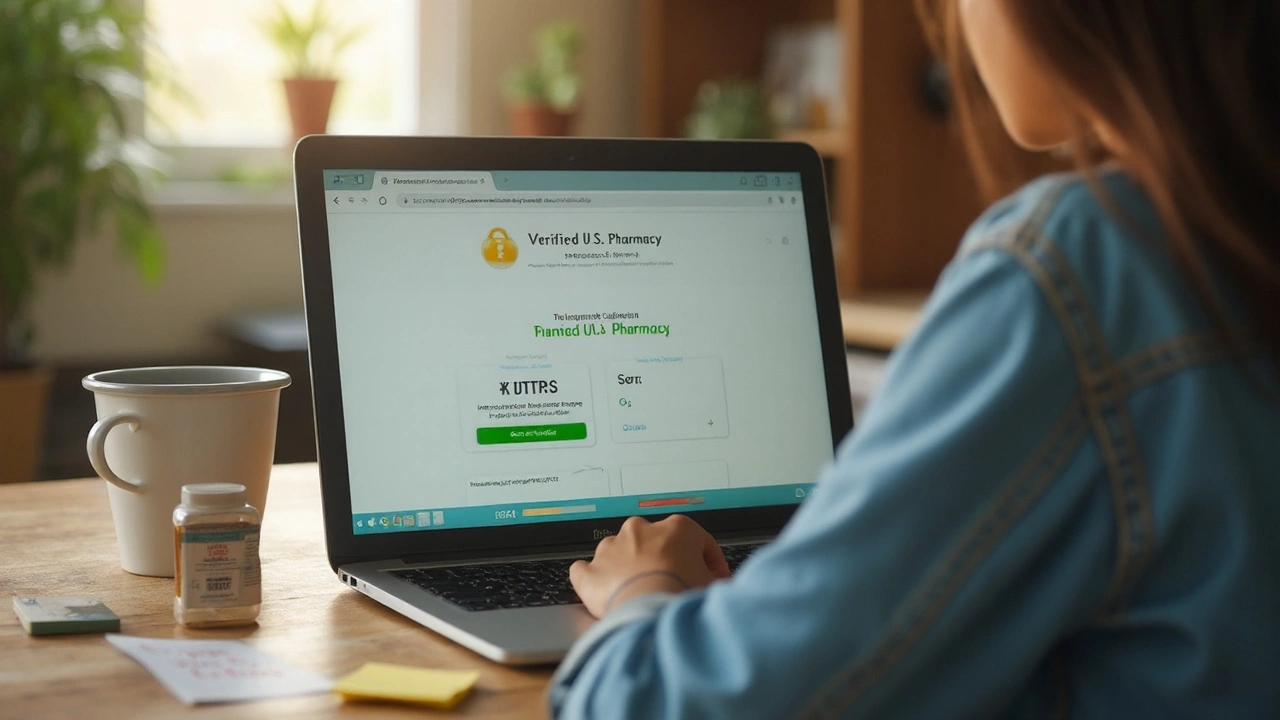Antibiotic Tag – Your Quick Reference
If you’ve landed on the antibiotic tag, you probably have a burning question about pills that kill bugs inside you. Maybe you’re wondering how they work, whether your weight matters, or why doctors stress finishing the whole pack. Below you’ll find straight‑forward answers you can use right now.
How Antibiotics Work
Antibiotics are medicines that target bacteria, not viruses. They either stop bacteria from making a wall, block protein production, or mess with DNA replication. The result is that the bug can’t grow and eventually dies. Because different antibiotics hit different bacterial processes, doctors pick the one that matches the infection you have.
Weight matters because many antibiotics are dosed by kilograms. A heavier person often needs a bigger dose to reach the right blood level. That’s why the dosage calculators on Bodyweight Fitting ask for your weight – they help you understand what the prescription might look like.
Top Safety Tips
1. Always get a prescription. Even if you think you know the drug, a doctor checks if it matches the bug and your health profile. Self‑medicating can hide a serious infection or cause resistance.
2. Take the exact dose at the right time. Skipping a dose or taking it late reduces the drug’s ability to keep bacteria in check. Use a phone alarm if you need a reminder.
3. Finish the whole course. Stopping early feels good if you’re symptom‑free, but the surviving bacteria may become resistant. That’s why you often hear “finish the pack”.
4. Watch for side effects. Common ones include nausea, diarrhea, and stomach cramps. If you notice severe rash, trouble breathing, or yellow skin, call a doctor immediately – those could be allergic reactions.
5. Check interactions. Some antibiotics clash with other meds, foods, or supplements. For example, calcium‑rich foods can lower the absorption of certain types. Our drug interaction alerts can flag these issues.
6. Store properly. Most tablets stay stable at room temperature away from moisture. Liquid forms often need refrigeration. Bad storage can make the drug less effective.
7. Don’t share. Even if a friend has the same infection, each person’s dose depends on weight, kidney function, and other factors. Sharing can lead to under‑dosing or overdose.
Beyond these basics, you might wonder about buying antibiotics online. In the UK, it’s legal to purchase them only with a valid prescription. Look for sites that ask for a UK‑registered doctor’s approval, show clear pricing, and have a privacy policy. Avoid any shop that promises “no prescription needed” – those are likely fake and could put you at risk.
When you receive your meds, give them a quick glance. Check the expiration date, label, and that the pill count matches the prescription. If anything looks off, contact the pharmacy right away.
Finally, remember that antibiotics protect you, but they also affect the good bacteria in your gut. A short probiotic course after finishing antibiotics can help restore balance and reduce diarrhea. Choose a reputable brand with strains like Lactobacillus or Bifidobacterium.
Use this tag as a hub for any antibiotic‑related article you need – from dosing calculators to interaction checkers. Stay curious, follow the safety steps, and let your doctor guide you. With the right approach, antibiotics stay powerful tools without turning into a problem.
- September 13 2025
- 17 Comments
- Daryl Gardner
How and Where to Buy Bactrim Online Safely (2025)
Safe, legal ways to buy Bactrim online in 2025-where to shop, how to verify pharmacies, prices, shipping, red flags, and ethical alternatives.
- Health & Medicine (141)
- Health & Nutrition (8)
- Caregiving & Dementia (2)
- Health & Wellness (2)
- Environment & Climate (1)
Categories
- February 2026 (11)
- January 2026 (24)
- December 2025 (27)
- November 2025 (22)
- October 2025 (27)
- September 2025 (38)
- August 2025 (5)
- July 2025 (4)
Archives
- side effects
- generic drugs
- medication safety
- medication side effects
- medication adherence
- dosage
- online pharmacy
- gut health
- generic substitution
- safety and side effects
- natural antioxidant
- coping strategies
- hypertension
- drug interactions
- immunosuppressants
- mental health
- MedWatch
- drug safety
- NTI drugs
- narrow therapeutic index
